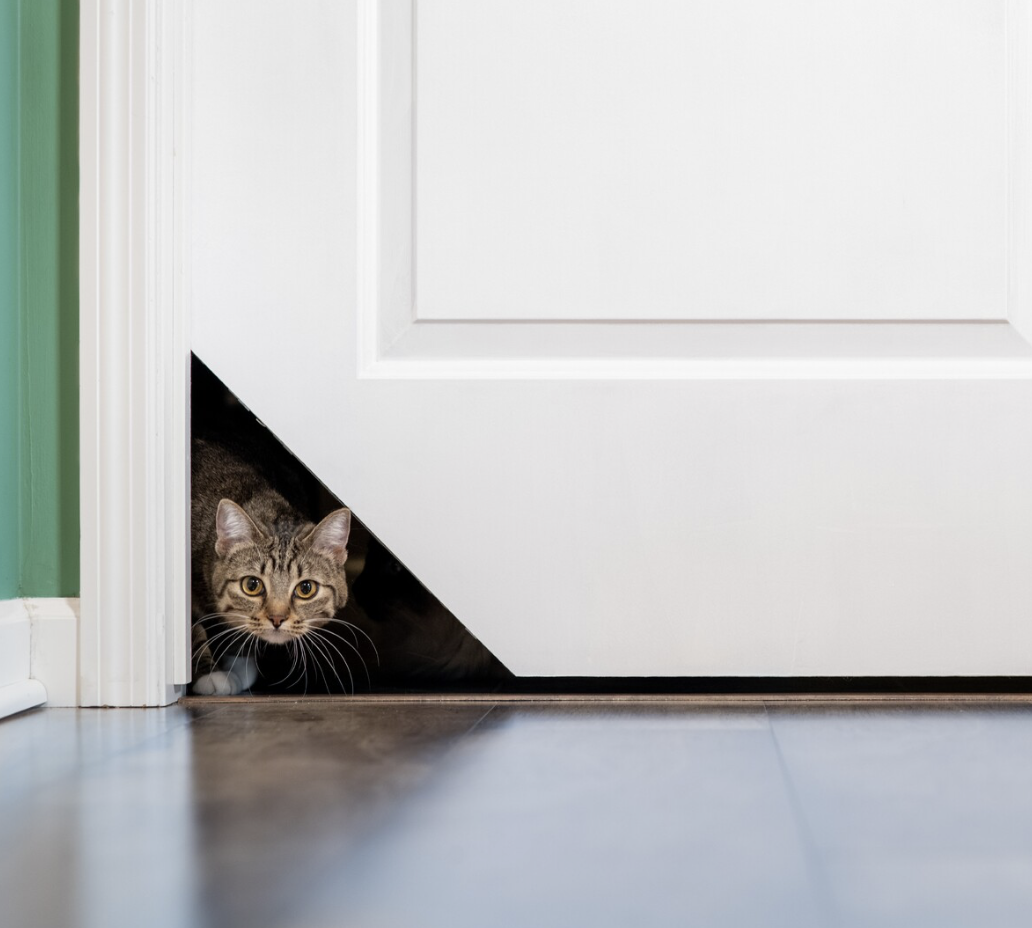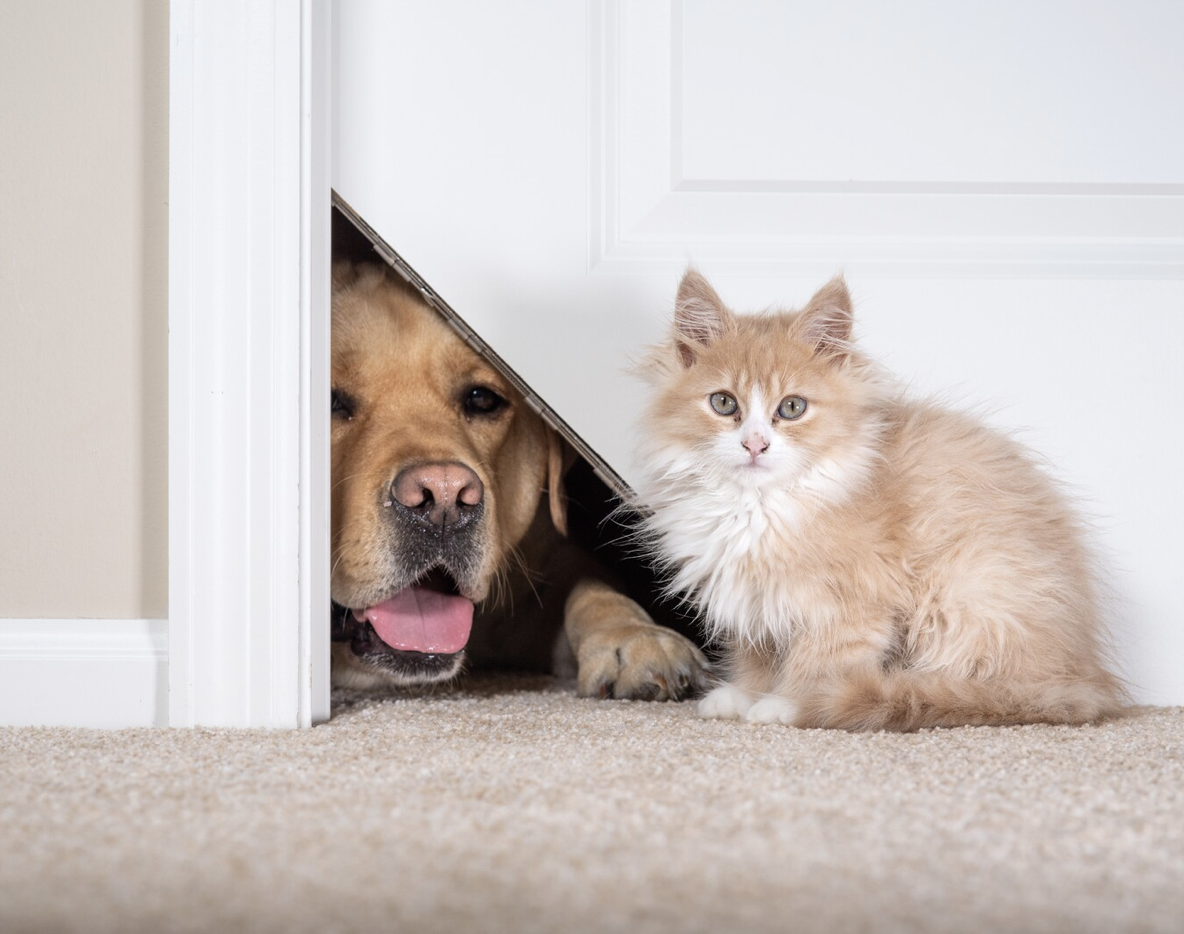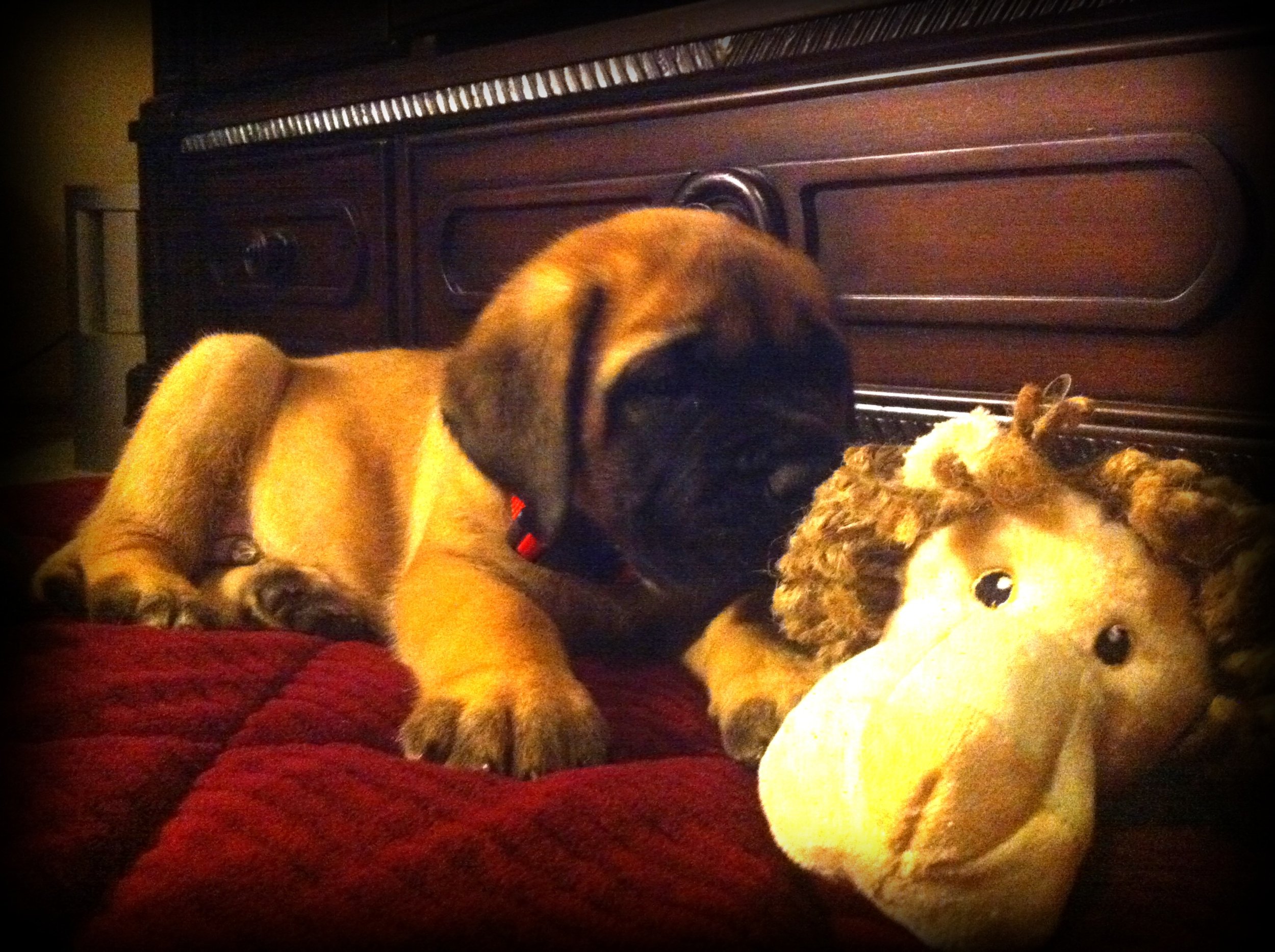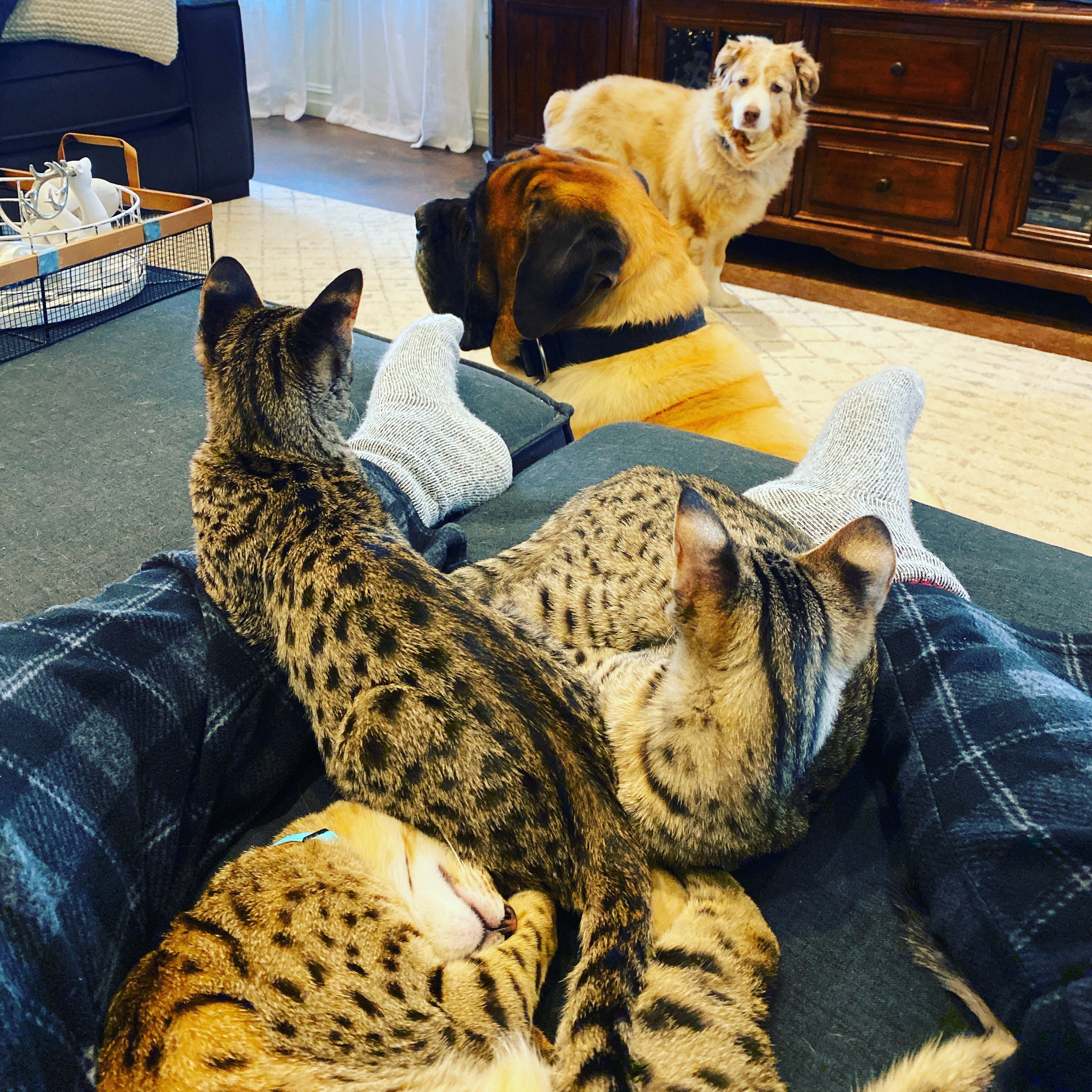Have you ever noticed how horses and cats, for some reason, are getting along really well? But what’s the reason behind this strange bond?
People who spend way too much time at the stables are probably very familiar with this duo, and even if they don’t own a cat, for some reason, they will see one eventually coming up to the horses.
Unlike dogs and cats, horses have a much better relationship with them despite one being a predator and the other prey. Maybe it is a good thing that the bigger animal (the horse) is the prey, just because if it were the other way around, they probably wouldn’t have such a friendly bond.
So, while you are betting at the horse races, maybe it is time to take a much closer look on horses and try to understand their state of mind and emotional connection with other animals.
Let’s look at some data and animal behavior studies that will help us piece together this strange bond that happens in nature.
Why do horses and cats get along so well?
Shared Sensitivity
If you’ve ever owned a cat, you already know that they are like emotional antennas, picking up the vibes that most humans miss. Well, the same thing goes for horses. Although they don’t have many facial expressions or specific sounds like cats, horses are very sensitive to the energy that people or animals bring around them.
They are also both very sensitive to their surroundings, and both horses and cats can be spooked by a falling leaf from the tree.
They kind of have that energy radar that helps them to understand each other. There is scientific data from trainers that says that both cats and horses mirror each other’s calm when stress is low, using similar training tricks like slow rewards.
I’ve seen it myself: a barn cat named Whiskers would only curl up near a mare named Luna when the stable was quiet, like they had a secret pact. Their knack for reading moods builds trust, so when you see a cat chilling on a horse’s back, it’s because they’ve vibe-checked each other and passed with flying colors.
So, they are both emotional animals that feed off the energy of others, which is probably why they have a special bond in the first place.
Mutual Grooming
Horses show affection by nuzzling or scratching herd mates, while cats, on the other hand, bunt or groom to bond. So, nothing says “we’re friends” like a horse nibbling a cat’s fur or a cat head- butting a horse’s muzzle.
They help each other. We’ve seen cats that are grooming horses’ necks, while for the horses is a bit more difficult since they have to be gentle due to their size, but most of them slowly touch the cats. This back-and-forth isn’t random, and it is their way of saying “You’re my friend”.
If you want to see this friendship in action, peek into a barn during feeding time, and you can see both of these animals sharing their food and snacks.
Complementary Roles
Cats and horses are the ultimate barn tag team. Cats earn their keep by hunting mice that raid feedbags, protecting horses from disease-carrying pests.
In return, horses offer cats a warm, safe perch—literally, their backs—or a cozy stall to nap in. In South Africa, 13 feral cats relocated to a Noordhoek stable in 2025 thrived alongside horses, with the equines staying chill as cats prowled.
It’s a win-win: cats get a kingdom; horses get a cleaner home. Hang out at a working farm, and you’ll see this partnership humming, with cats patrolling and horses grazing like it’s no big deal.
Non-Competitive Chill
Unlike dogs, who might chase or bark and stress a horse out, cats are low-key enough to mesh with equine energy.
Horses, as herd animals, crave calm companions, while cats, despite their solo rep, can be social without being pushy. Their size difference—cats tiny, horses huge—means no one’s fighting for dominance. I’ve watched barn cats weave between hooves without a flinch, and the horses just keep grazing. Drop by a pasture at dusk, and you’ll spot cats lounging near horses, both totally at ease, like roommates who never argue.
Earned Trust
Cats and horses don’t hand out trust like candy—you’ve got to earn it, and they respect that about each other. Both are wary by nature: horses as prey animals, cats as cautious predators.
They bond through slow, deliberate steps, like a horse lowering its head to sniff a cat or a cat approaching only when the horse seems relaxed.
This trust is why you’ll see cats fearlessly curl up in stalls or horses stand still as kittens climb them. Spend time at a barn, watch their patient dance, and you’ll get why their friendship feels like a quiet, hard-won victory.
Final Words
So, there isn’t any scientific data that explains why horses and cats bond so well. Maybe it is all because they are both emotional animals. On top of that, horses aren’t aggressive animals, and cats love not being chased all the time.
Plus, the size difference makes sense, since horses are not predators, and cats cannot show their dominance since they are much smaller, so they decide to play friendly.
